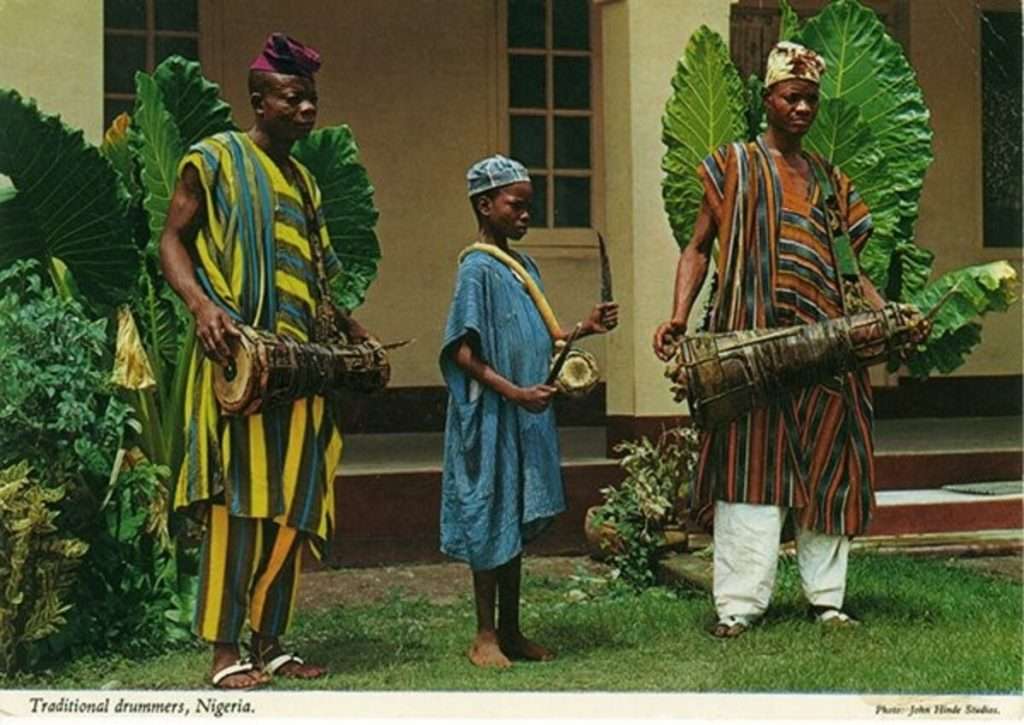People have always valued music in their lives, whether for listening pleasure, emotional response, performance, or improvisation. Music is extremely valuable to our society. Every country and culture has its musical style. For example, musical arrangements unique to Europe and America include Jazz, Metallica, and Blues, among others.
In a similar spirit, some distinct musical rhythms and patterns are unique to Africa alone, and their distinctiveness is cherished all over the world. Congo is famous for its Soukous, whereas Nigeria is famous for Apala, Fújì, Juju, amongst others.
Fújì is a popular secular music style in Nigeria, created by Alhaji Sikiru Ololade Ayinde Balogun. According to reports, the singer coined the term after seeing a poster at an airport publicizing Mount Fuji, Japan’s highest peak.
Table of Contents
Alhaji Sikiru Ololade Ayinde Balogun: Perception about Fújì
The music genre is an improvised version of Ajisari, a genre of music performed in the 1950s in southwestern Nigeria to wake Muslims before dawn during the Ramadan fasting season. Alhaji Dr. Sikiru Ayinde Barrister advanced by taking Ajisari music (also called Were) out of its early-morning Ramadan context and adding a variety of external influences (Apala and Sakara music) to the sound, resulting in the innovative restructuring of Were into the music genre.
As a result, a piece of new and universally appealing music emerged that could appeal to both Muslims and non-Muslims, and even compete with the country’s popular Juju music. The music genre sounded immediately different, with its massive percussion ensembles and Arabic voice tone, and still maintains the Yoruba tradition. Fújì music, as a result, had all of the ingredients for success, attracting a large following and a growing roster of talented artists.
Fújì and Modern Musicians
Musicians after Alhaji Sikiru Ololade Ayinde Balogun devised their brand of Fújì through improvisation of form, style, and content, just as the music genre was formed from Ajisari music. Alhaji Wasiu Ayinde Barrister is one of the musicians who helped modernize the genre (who later changed his name to Alhaji Wasiu Ayinde Marshall). He learnt for nearly 15 years under the tutelage of Alhaji Sikiru Ololade Ayinde Balogun and gradually began to visualize how he wanted his brand of the genre to sound. With the release of his hit, Talazo Fújì, in 1984, he announced his arrival to the world. His version of Fújì music had youthful energy to it, and by the late 1990s, his transformative version of Fújì music had inspired a popular Nigerian dance.
Another artist, Adewale Ayuba, demonstrated a style of Fújì music that denoted sophistication and frequently blurred the line between music genre and Yoruba Muslims. His music genre (nicknamed ‘Bonsue Fújì) was more popular among the youths because it was classic, clean, and lively.
Abass Akande Obesere (popularly known as Omo Rapala) shot to fame in the early 1990s with his version of Fújì, which included a slew of street slang and sexual overtones. Despite his unconventional and risqué approach to the genre, he gained popularity and acceptance because his music satiated the pretentious interest of Fújì’s fans who were interested in things other than Yoruba metaphorical phrases and Quranic allusions.
International Recognition
Sikiru Ayinde Barrister did an outstanding job of popularizing Fújì by touring the globe. During the 1970s, he began touring Europe, particularly England, and then the United States throughout the 1980s. Before any subsequent Fújì bands toured outside of Nigeria, Sikiru Ayinde Barrister toured internationally.
Other modern Fújì musicians such as Wasiu Alabi Pasuma (Oganla Fújì), King Saheed Osupa, Taye Currency, Remi Aluko (Igwe Fújì), and other well-known Fújì musicians have travelled far and wide through this music style, and are still well-known.
Major Reasons why the genre is more popular than other secular music:
- It incorporates a variety of percussion instruments that entice listeners and move them to dance. The music is percussion-centered, ranking second only to Juju music in terms of the number of percussion instruments used. With their rich vocals and percussion orchestras, the groups provide dance, singing, and celebration using hand palm drums (Omele), metal percussion instruments (Agogo), tambourines (Saworo), and gourd shakers (Sekere).
- It is a Yorùbá genre of music with Islamic influences that were created by Muslim singers and musicians in Yorùbá towns and cities.
- Fújì music blends into other traditional music styles in the Yoruba indigenous system, so that when contemporary music arrives, young adults and the elderly could have a musical pattern they could relate to as their style.
- Improvisation is encouraged in this musical style. Many other musicians have created their pattern out of this style of music since Alhaji invented it, as shown in the article. The style of music allows female singers to participate; according to a report, female artists have developed wákà, a Fújì-related style. Wákà is a more popular name for this genre of women’s Fújì-related music, particularly in and around the city of Ìlọrin. Women vocalists first performed these styles in the late 1950s for Islamic events such as weddings and celebrations for pilgrims returning from Mecca.

